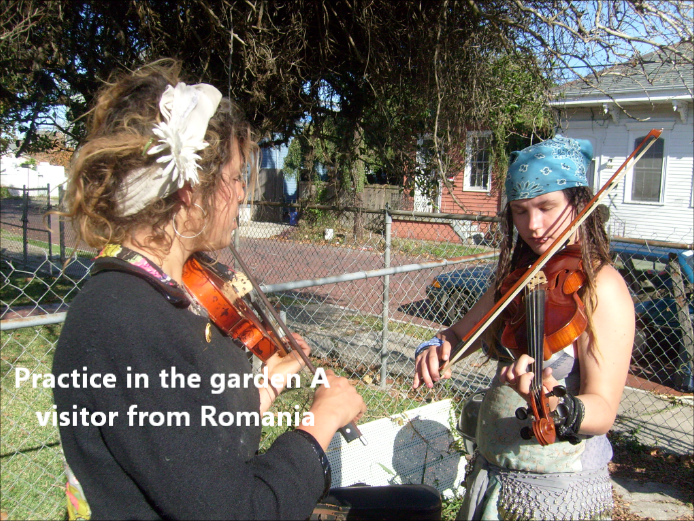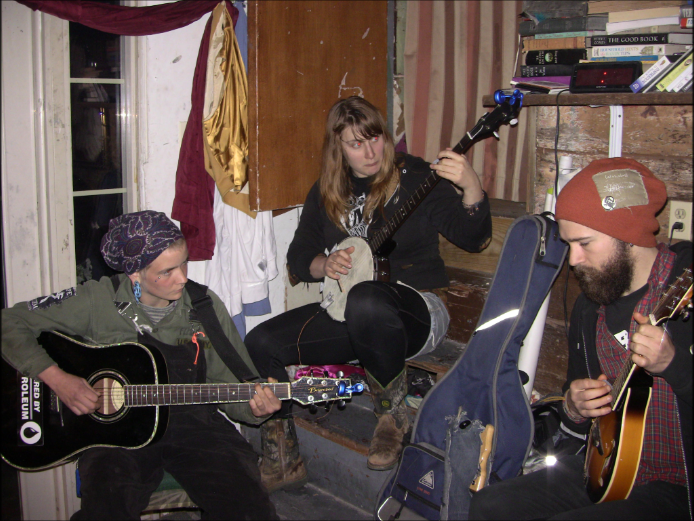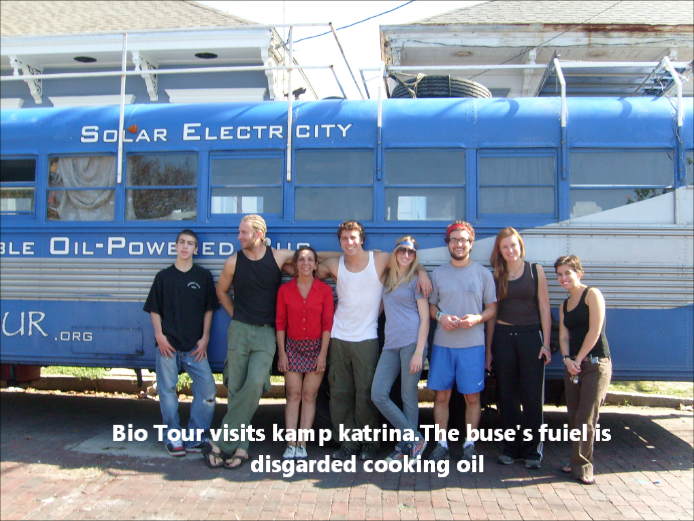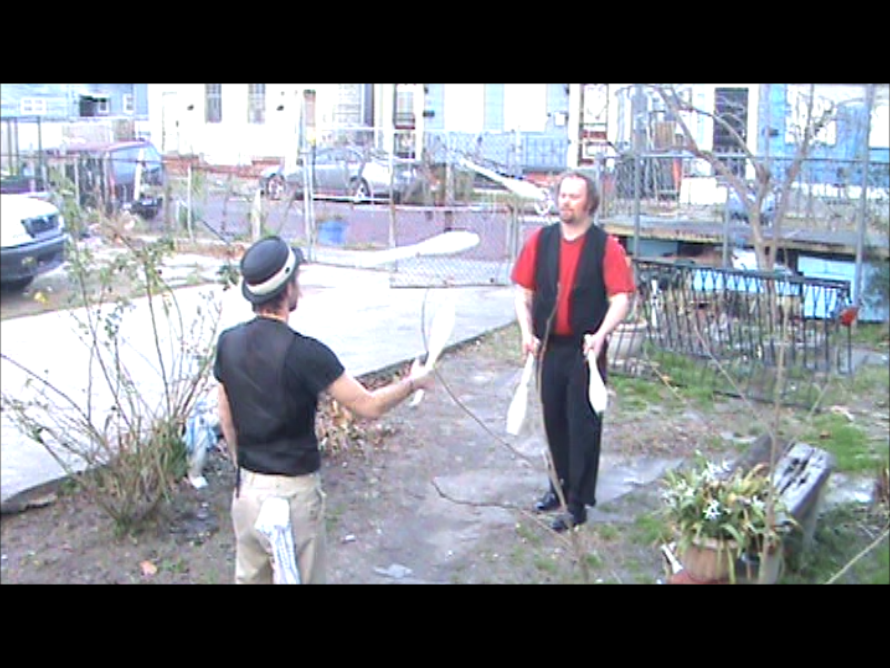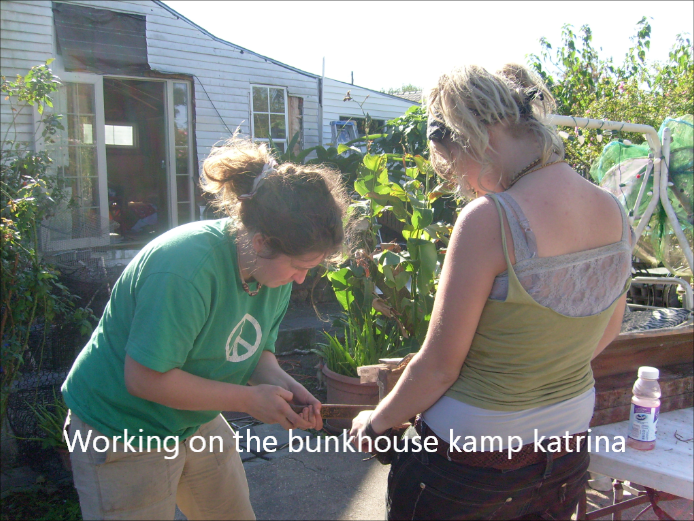Words: Simon Thompson
Photos: Ms Pearl
For a city proclaiming to be Australia’s cultural hub, Melbourne is a pretty difficult place to exist as a dedicated artist, and more specifically a musician. Rising rents and the cost of living make getting by and having the time to actually sit down play/rehearse/write, an accomplishment in itself. That’s not even mentioning finding people to live with that aren’t irritated by your playing, noise complaints, finding and funding a rehearsal space, the logistics of transporting gear, and co-ordinating practice times around uni timetables and casual jobs, etc. Long story short, unless you have parents with an above average tolerance for musical noise and a willingness to house and feed you long after you’ve finished school, being a dedicated musician in Melbourne is really hard. And, even if you do manage to master this balancing act, the brazen and creative hedonism that attracted you in the first place will probably be superseded by the time you actually achieve it.
So, what if there was somewhere where these obstacles didn’t exist? A place where creative pursuits were unimpeded? Enter New Orleans, because it is here that it is possible to survive as an artist. New Orleans has a long and rich history of street celebrations hailing back to the Black Slaves drum circles. The same diverse, free and easy New Orleanian culture that gave birth to Jazz is still alive today and very much a part of life. Every night of the week musicians can be found either rehearsing or playing out in the streets, in the middle of parks, in front of warehouses or vacant lots near the railroad. A combination of the fact, a lot of rehearsal places were destroyed in the hurricane and that no one really minds. Even funeral processions are transformed into meeting grounds for massive street parties, marching band to boot, known as a ‘Jazz Funeral’, for New Orleanians lay claim: ‘We put the fun in funeral.’
Visitors are genuinely psyched and expect to see people playing on the street, and locals are happy to support these expectations. There’s a music store that has side stepped the High Fidelity elitism, letting performers use their tools to fix their instrument, chefs then bring their left over food to performers at the end of the night and the local supermarket invites performers to play in-store. A non-profit has even been established to support street musicians and performers in New Orleans. Ms Pearl, street performer, writer and filmmaker started Kamp Katrina/The Buskers Bunkhouse as a tent city in the aftermath of Hurricane Katrina. Initially to accommodate people who lost their homes or were involved in the rebuilding. Since the city’s return to semi function, the Bunkhouse has shifted its focus, working to reinvigorate the New Orleanian streets with performance, art and music. Situated about a mile and a half from The French Quarter. The Buskers Bunkhouse supports and houses musicians, performers and communicators of any medium for $25 per week. Free untill you get on your feet. The rates vary largely on the time of year, where you’re from, your finances and the extent your contribution and enrichment towards the New Orleans’ street culture.The first week or longe
The Bunkhouse has a wealth of knowledge and materials to draw on when it comes to street performing; they have ample space to jam/rehearse, instruments, art materials, cameras, internet and computers with editing software. It provides a nice social in, not to mention a meeting point for artists and musicians; ‘People from vastly different parts of the country, sometimes the world, they come together and they start jamming. Music is mixed and new forms of music are born. That is how it happens, it doesn’t happen in the studios, maybe it’ll end up there, but it happens on the streets and on the sidewalks and a lot of the time it comes from kids that have talent, but normally can’t afford to come to New Orleans…It’s making it affordable, that’s what Kamp Katrina is about,’ says Founder, Ms Pearl. The facilities on offer are simple; a bunk, as well access to a kitchen and bathroom, however it is a thrift alternative to staying in a hostel ($18 per night), which is awesome because when I say survive, I do mean survive.
Here in New Orleans, your love of music can be explored without neighbours complaining, people telling you to be quiet, or suffering the financial burden of paying for a rehearsal space. Rather than getting a steady wage, you’re tipped or as many of the street performers look at it ‘paid to practice.’ If you get $7 in an hour, you just made untaxed minimum wage. Not to mention the immediacy of seeing what stuff works and evokes a response in people, easily measurable in tips, smiles and vocal encouragement. The music played is pretty diverse, as street performance has been a big part of New Orleanian culture for a long time, few open their wallets for renditions of ‘Don’t Look Back In Anger’ or ‘Brown Eyed Girl.’ Brass or street bands playing Gypsy Jazz, Country or Blues tend to do the best, that said a crowd moving performance trumps all.
New Orleanians are unconcerned with material wealth, prestige and symbols of status, certainly compared to other Western Cultural hubs. New Orleanians are much more about lifestyle, having a good time and partying. It’s legal to drink in the street, which turns public spaces into party spaces. You can have a big night without even stepping foot into an establishment; partying on bottle shop prices all night, which are dangerously cheap, $5.50 for a six pack of beers, $4.00 for a 200ml flask of vodka and $5 for a pack of cigarettes. Groceries are just as cheap, even cheaper if you’re prepared to go to the hood to get them. There’s nothing shameful about living this kind of minimalistic lifestyle. If anything it’s honourable and romanticised, hip even, especially if it’s in favour of playing music, making art or partying. Many are doing just that, as every afternoon droves of gutter punks (punks that sit in the gutter) migrate from deserted houses in neighbourhoods forgotten in the wake of Katrina, to panhandle, sell art, play music, or just straight up get wasted.
New Orleans is not without its darker sides. Walk across the wrong street after dark and you may find yourself staring down the barrel of a gun. Last year it ranked as the murder capital of America; a title that it’s doing a good job in defending, which is tricky in New Orleans, as like any other well travelled place, many of the richer and more authentic events take place on the off beaten track and edge on some of the more sketchier neighbourhoods. But don’t be discouraged, it’s nothing that a bit of prudence and safety in numbers can’t counter. New Orleans buzzes all year round, even in Hurricane Season (June – November). The best of New Orleanian street culture can be experienced in the build up to Mardi Gras season (Mid February) and in the wave after wave of festivals that follow. So it’s a venture worth embarking on all year round, even if it is only to find people that will appreciate your ‘noise’ as opposed to loathe it. So now you know. But if you want to know more,and if you’re already in town and need a place to crash, well then you’ll find everything you need here.

